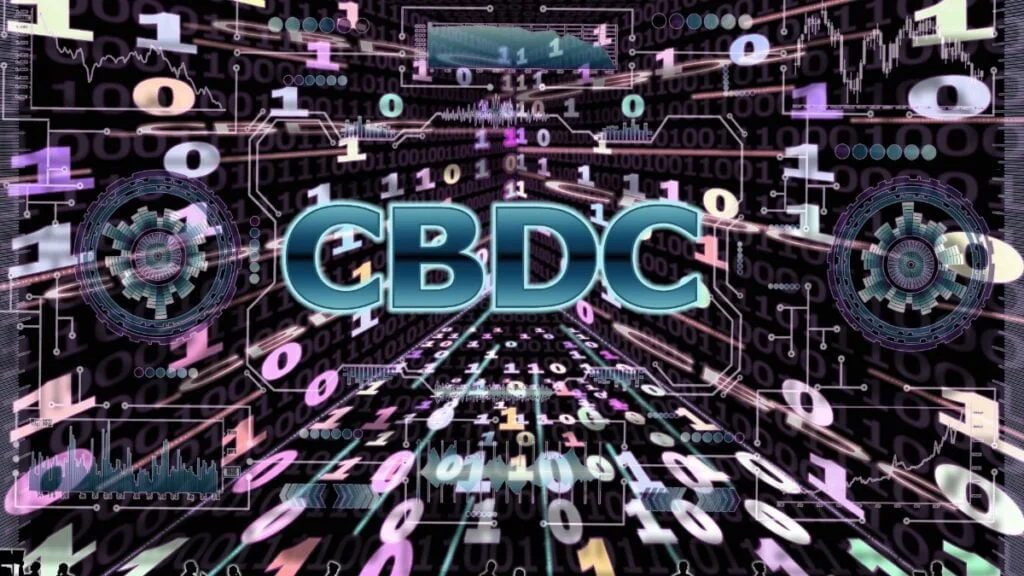Major banks including BNY Mellon, Citi, U.S. Bank and Wells Fargo will be issuing tokens and settling transactions through CBDC pilot program.

A 12-week proof-of-concept pilot for a central bank digital currency, or CBDC, was announced by the Innovation Center of the Federal Reserve Bank of New York, or NYIC. The program will investigate the viability of an “interoperable network of central bank wholesale digital money and commercial bank digital money operating on a shared multi-entity distributed ledger” according to a Nov. 15 announcement from the New York Fed.
As part of the pilot, massive financial institutions like BNY Mellon, Citi, HSBC, Mastercard, PNC Bank, TD Bank, Truist, U.S. Bank, and Wells Fargo will issue tokens and settle transactions using fictitious central bank reserves.
“The NYIC looks forward to collaborating with members of the banking community to advance research on asset tokenization and the future of financial market infrastructures in the U.S. as money and banking evolve,” said NYIC Director Per von Zelowitz.
The proof-of-concept project will test the “technical feasibility, legal viability, and business applicability” of distributed ledger technology, as well as simulate tokens and explore regulatory frameworks. The NY Fed said the project could “potentially be extended to multi-currency operations and regulated stablecoins.”
The center published research on its wholesale central bank digital currency program on November 4, and that day the NYIC pilot experiment was launched. Project Cedar, the first stage of the CBDC experiment, investigated foreign exchange spot trades to see if a blockchain solution might speed up, lower the cost of, and provide easier access to cross-border wholesale payments.
Although authorities and those in the private sector have been investigating the issue, federal regulators in the United States have not come to a decision on whether to introduce a digital dollar in the nation. Some lawmakers questioned what Congress’ role might be in supporting a CBDC and how a digital dollar might prevent similar innovations from the private sector after U.S. President Joe Biden issued an executive order to create a framework on digital assets.
